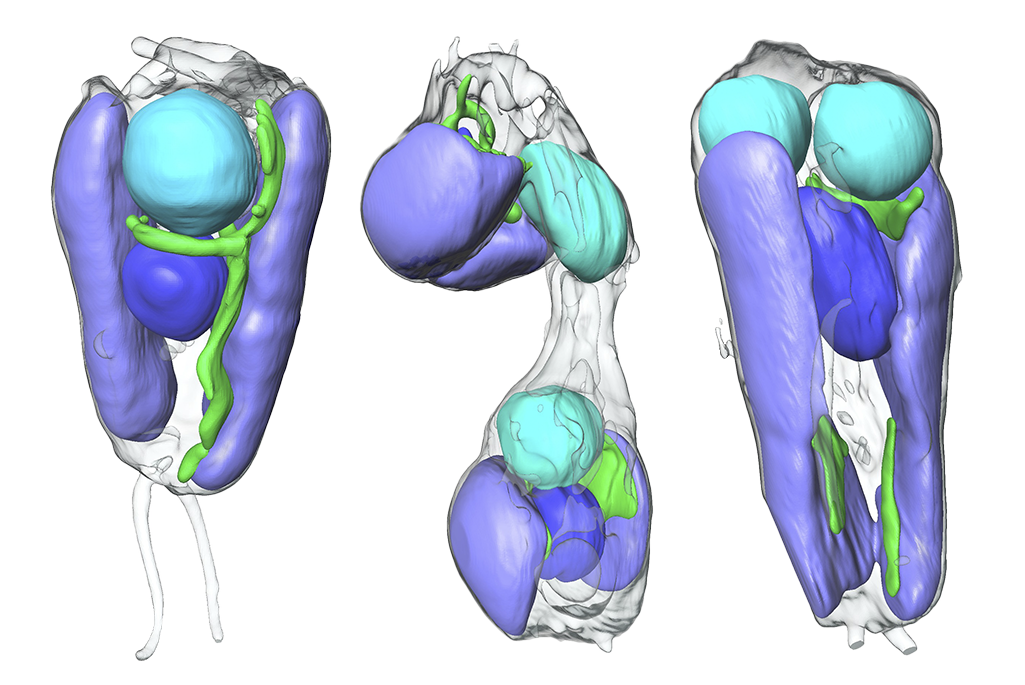Two lifeforms merge into one organism for first time in a billion years
‘The first time it happened, it gave rise to all complex life,’ scientists say

For the first time in at least a billion years, two lifeforms have merged into a single organism.
The process, called primary endosymbiosis, has only happened twice in the history of the Earth, with the first time giving rise to all complex life as we know it through mitochondria. The second time that it happened saw the emergence of plants.
Now, an international team of scientists have observed the evolutionary event happening between a species of algae commonly found in the ocean and a bacterium.
“The first time we think it happened, it gave rise to all complex life,” said Tyler Coale, a postdoctoral researcher at University of California, Santa Cruz, who led the research on one of two recent studies that uncovered the phenomenon.
“Everything more complicated than a bacterial cell owes its existence to that event. A billion years ago or so, it happened again with the chloroplast, and that gave us plants.”
